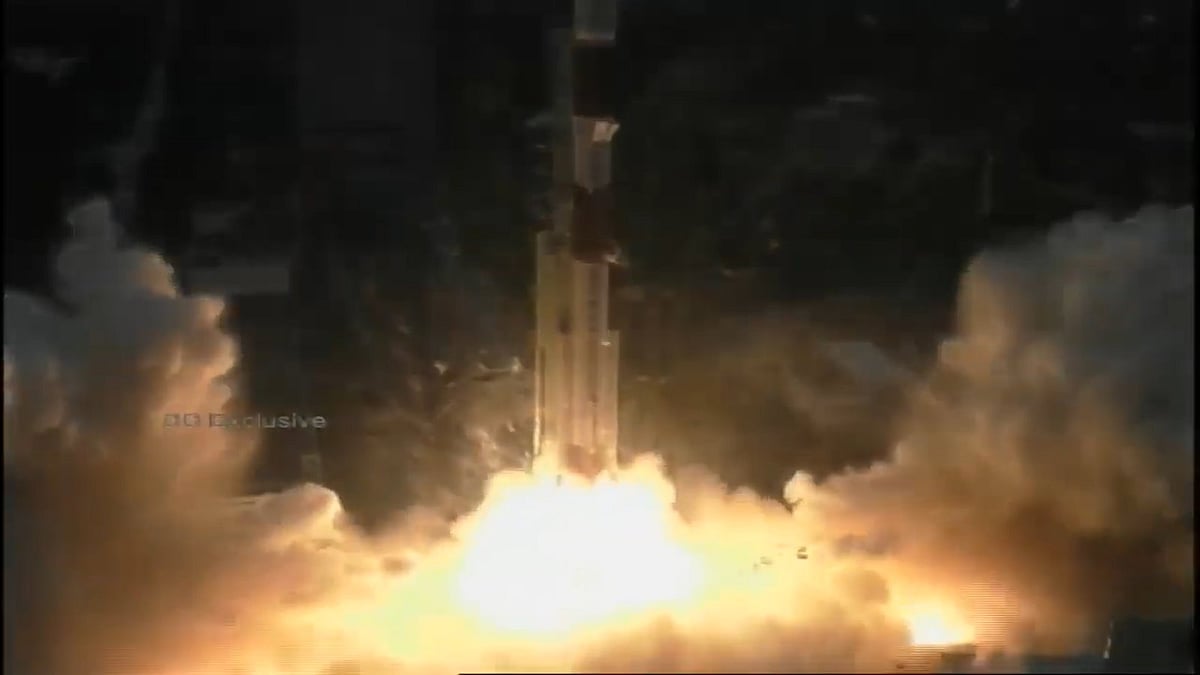A massive asteroid, more than 1000 feet (over 300 meters) in size is hurtling through space and time towards the earth. And while it had earlier been believed that the asteroid, roughly the size of three-and-a-half football fields, would pass by leaving the earth unscathed, astronomers are no longer quite so certain.
This is because, astronomers at the University of Hawaiʻi Institute for Astronomy have detected Yarkovsky acceleration on the near-Earth asteroid. This phenomenon incidentally arises from an extremely weak force on an object due to non-uniform thermal radiation. It can in turn slightly change the orbit of the asteroid. In the case of the rather suitably named Apophis, the Yarkovsky acceleration means that a 2068 impact scenario is still a possibility.
Prior to that, incidentally, the asteroid will be visible in the sky in 2029. The orbit of Apophis crosses the orbit of Earth. It completes an orbit around the Sun in a bit less than one Earth year (about 0.9 years). On April 13, 2029, the 300 meter-sized asteroid will become visible to the unaided eye as it passes within the belt of communications satellites orbiting the Earth.
While a collision in 2029 has long been ruled out, at the beginning of 2013, NASA had also ruled out an earth impact in the year 2036. Discovered in 2004, the asteroid, had raised fears with scientists initially calculating that its orbit indicated a 2.7% possibility of an Earth impact during a close flyby in 2029. Data discovered during a search of old astronomical images provided the additional information required to rule out the 2029 impact scenario, and the remote possibility of one in 2036 had been ruled out some time later.
With the Yarkovsky acceleration in effect, the University of Hawaiʻi researchers have said that the new observations suggest that Apophis is "drifting away from a purely gravitational orbit by about 170 meters per year, which is enough to keep the 2068 impact scenario in play.”






